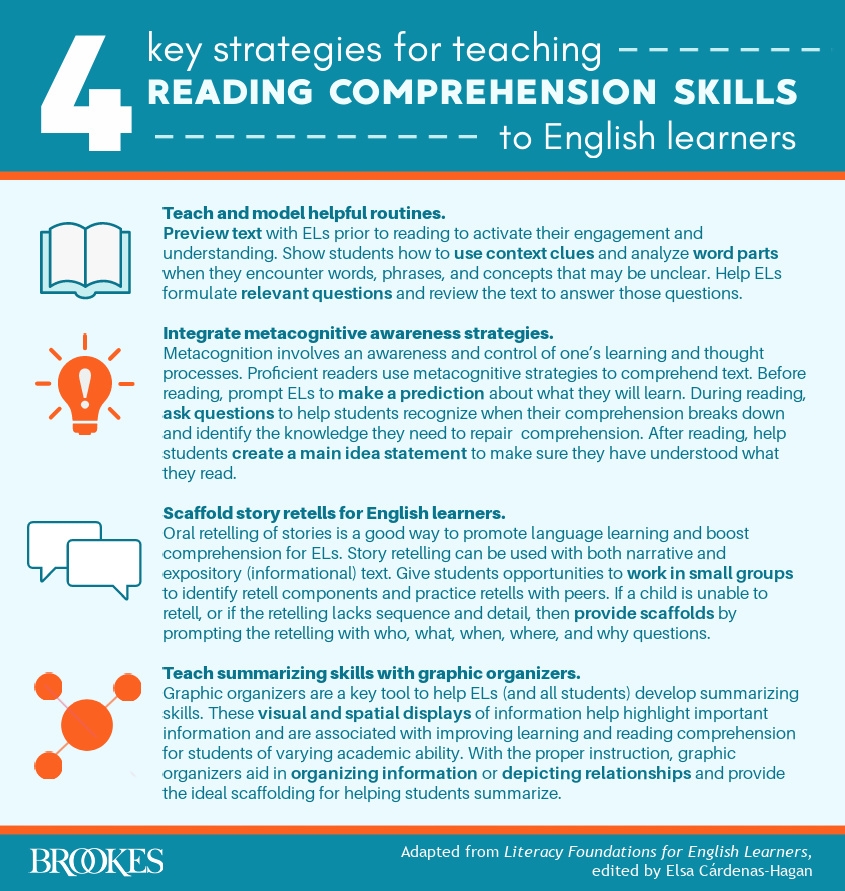Reading comprehension is an essential skill that allows individuals to understand, interpret, and analyze written text. There are various types of reading comprehension skills that can help improve one’s ability to comprehend and retain information from reading materials. These skills are crucial for academic success, as well as for everyday tasks that require reading and understanding written information.
Developing strong reading comprehension skills involves more than just being able to read words on a page. It requires the ability to engage with the text, make connections between ideas, and draw conclusions based on the information presented. By honing these skills, individuals can become more proficient readers and better able to navigate the vast amount of written information available to them.
Types of Reading Comprehension Skills
1. Literal Comprehension: This type of comprehension involves understanding the basic facts and details presented in the text. It includes being able to identify key information, such as the main idea, supporting details, and sequence of events.
2. Inferential Comprehension: Inferential comprehension requires readers to make connections and draw conclusions based on information that is not explicitly stated in the text. This involves using critical thinking skills to analyze and interpret the text, as well as to make predictions and inferences about the author’s intended meaning.
3. Evaluative Comprehension: Evaluative comprehension involves assessing the quality and credibility of the information presented in the text. This includes determining the author’s purpose, bias, and perspective, as well as evaluating the validity of the arguments and evidence presented.
4. Reflective Comprehension: Reflective comprehension involves thinking critically about the text and considering how it relates to one’s own experiences, beliefs, and values. This type of comprehension encourages readers to engage with the text on a deeper level and to reflect on its implications and relevance to their own lives.
5. Analytical Comprehension: Analytical comprehension involves breaking down the text into its component parts and analyzing the structure, tone, and style of the writing. This type of comprehension helps readers to understand how the author has crafted the text and to appreciate the nuances of language and literary devices used.
In conclusion, developing a range of reading comprehension skills is essential for improving one’s ability to understand and interpret written text. By practicing and honing these skills, individuals can become more proficient readers and better able to engage with a wide range of reading materials. Whether for academic purposes or personal enrichment, strong reading comprehension skills are a valuable asset that can enhance one’s overall literacy and intellectual capabilities.
